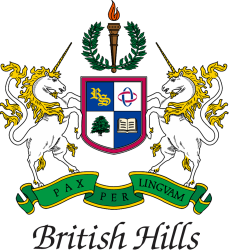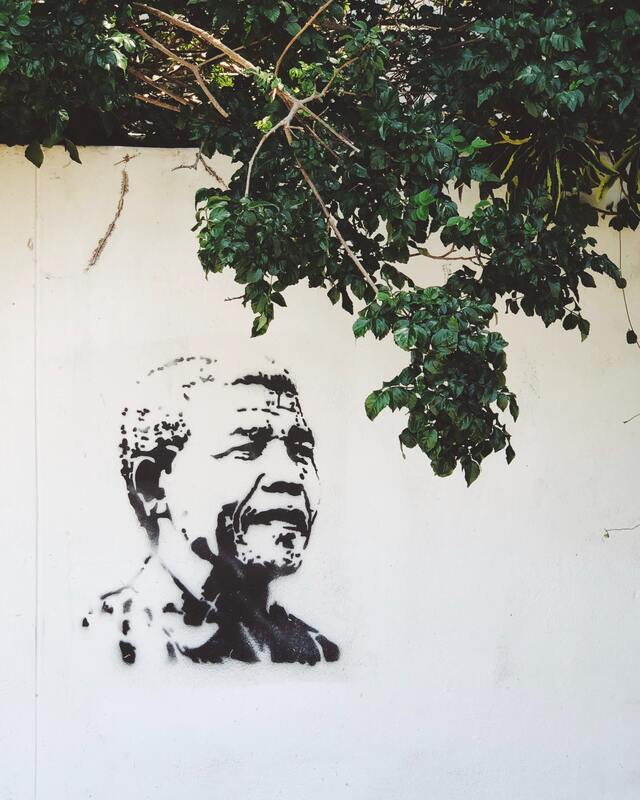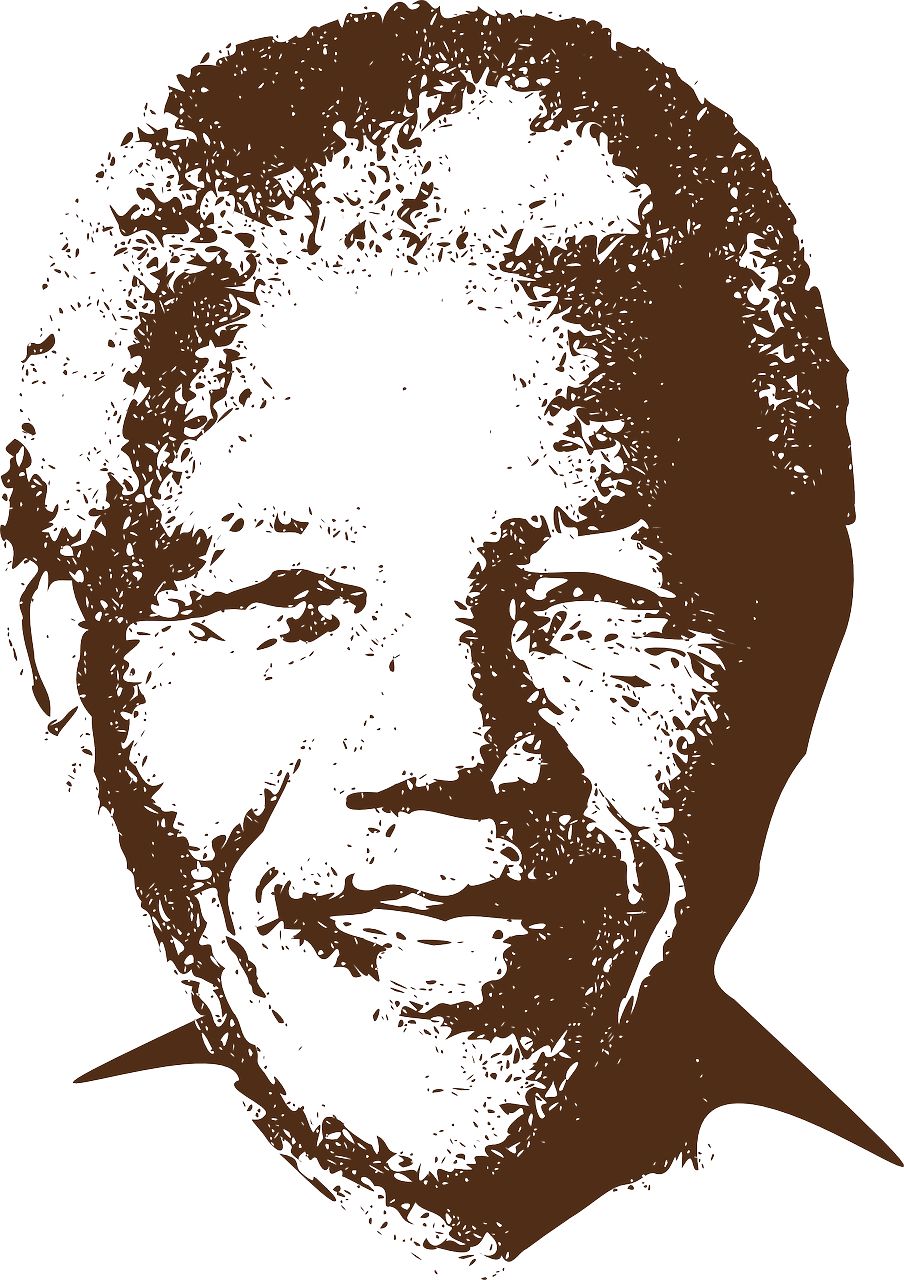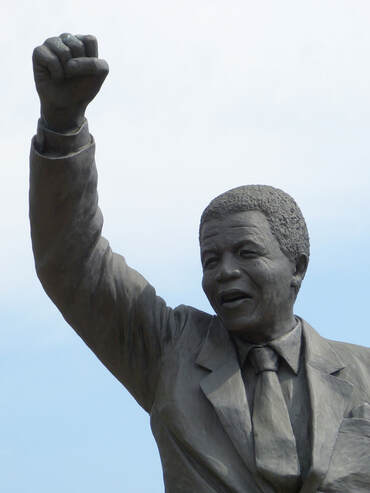Nelson Mandela
Who was Nelson Mandela? Find out below.
There are English activities available at the bottom of the page to check your understanding.
|
Nelson Rolihlahla Mandela, also known as Madiba, was born in Mvezo, South Africa, on July 18th 1918.
Nelson Mandela grew up in a time when a white nationalist governement ruled South Africa under a system called Apartheid. This maintained the power of the white minority while oppressing the black, coloured, and Asian majorities. Nelson Mandela spoke Xhosa as his first language (he also spoke English and Afrikaans), and was the son of the chief of the Madiba clan. However, he chose not to become clan chief and became a lawyer. As a lawyer, he worked against Apartheid and racial segregation. He supported non-violent protests and was arrested several times. In 1960, South African police killed or injured around 250 people in the Sharpeville massacre. This was an important reason that Nelson Mandela moved towards supporting the use of violence to sabotage key infrastructure used to maintain Apartheid. He also joined the South African Communist party - Mandela's membership of communist groups would often be used by Western governments (such as South Africa, the UK, and USA) to justify his later imprisonment. This was the time of the Cold War. In 1962, Nelson Mandela was captured and put on trial for treason by the South African government. During this trial, which took several years, he gave several speeches that became famous. His words about freedom and democracy remain well-known today. I have fought against white domination, and I have fought against black domination. I have cherished the ideal of a democratic and free society in which all persons will live together in harmony and with equal opportunities. It is an ideal for which I hope to live for and to see realised. But, my Lord, if it needs to be, it is an ideal for which I am prepared to die. - Nelson Mandela, 20 April 1964 Nelson Mandela was sentenced to 27 years in jail. He spent most of this time in a tiny cell on Robben Island, in extremely difficult conditions. However, he continued to study and maintained as much of a connection with the anti-Apartheid struggle as he could. It was not until the late 1980s that national and international pressure to free Nelson Mandela grew. There was even a danger of civil war in South Africa at this time. Nelson Mandela was released from prison in February 1990. He rejoined the African National Congress (ANC), was awarded the Nobel Peace Prize in 1993, and, on May 10th 1994, became the first black President of South Africa, winning the first elections held with universal suffrage in South Africa's history. President from 1994 to 1999, Nelson Mandela pursued a policy of national reconciliation within South African society. He launched investigations into historical injustices under Apartheid, and sought to restore the rights of the oppressed minorities, but at the same time tried to ensure whites felt they had an equal part in the future of the nation. After retiring from the Presidency, Nelson Mandela continued to work to promote peace, reconciliation, and justice. He established the Nelson Mandela Foundation, and supported many charities and welfare groups. He passed away on December 5, 2013, in Johannesburg, and is still known as "the Father of the Nation" in South Africa. |




